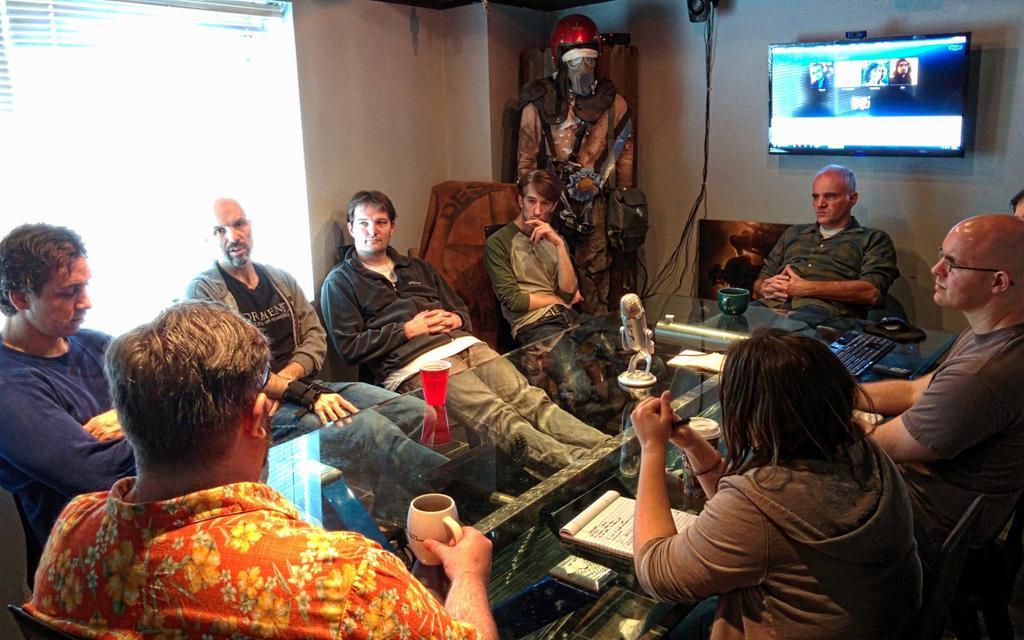The fondness for the "kill anyone" feature is something I've never understood -- did it ever have any role other than lulz or, occasionally, a tie to looting civilian homes/shops? Like I don't recall any game where you could use it to move things in a surprising, meaningful direction. At most it was a way to convert good alignment to gold, which is the classic blah Biowarean choice.
A lot of the time, at least for me, it's about 'I know you're up to no good, but the game wants you to pull off some dramatic betrayal/boring monologue/etc, so I guess I'm stuck with you'. In short, it's about the player wanting to be Indy in THAT scene, and feeling a little bit smug about deflating a hamfisted attempt at drama. (Of course, this is mostly about characters I wish could have been killed.)
I think the darker side of this impulse is the aversion that players tend to have toward any kind of failure, though. In the structure of a typical single-player RPG, the player doesn't just have agency, but he's the
only one that can exercise any agency, and also possesses the almighty power of Save/Reload. Endowed with these powers, the sense of agency that players experience also makes them hypersensitive to failure - since they
know they can often avert any defeats or setbacks, a lot of players feel like they
should be metagaming any causal systems to progress the story in an optimal way. And if the game tries to goad the player to losing every once in a while for drama's sake, the kneejerk raction can be along the lines of, "you tricked me! How dare you trick me! How dare you! My tears might be flowing like waterfalls now and your jeering laughter is ringing sharp in my ears, but I'll go
back in time, and do it right, and this time everything will be different when your defiled corpse lies before my feet and I, yes,
I will be the one laughing!"
Basically, the downside of all this agency is that computer RPGs, more than any other genre, foster the attitude that not only should the player win, but he should win
all the time. It turns players into sore losers. Of course, having said that, agency is worthless if you can't do
anything with it - it makes sense that players feel like they should be able to exercise their judgement and avoid doing things that are obviously stupid and bad ideas. But it's also the sort of attitude that leads some people to be angry because they couldn't pre-emptively take out Kreia in KotOR2 or Anders in DA2, for instance. Ultimately, I think the key thing for narrative-based RPGs is to strive to support
reasonable choices, while at the same time dismantling the kind of player hyperagency which incentivises them to metagame for optimal narrative outcomes. Making choices is more interesting if you don't have the superhuman ability to just make everything go perfectly all the time.


























![The Year of Incline [2014] Codex 2014](/forums/smiles/campaign_tags/campaign_incline2014.png)


